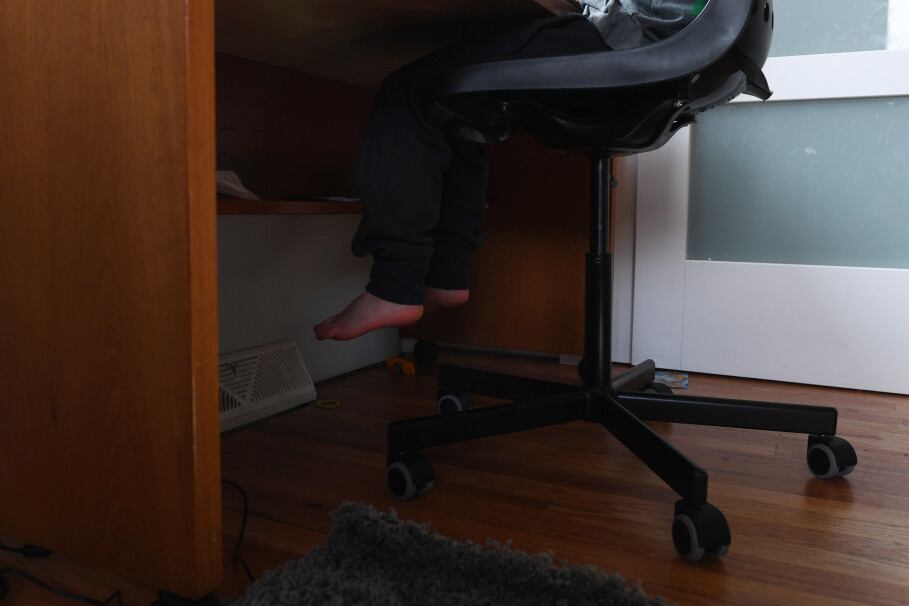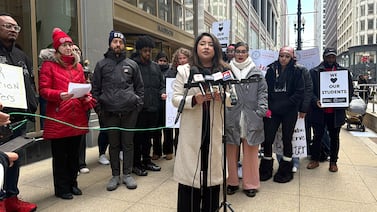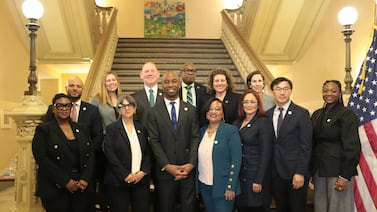Jeffco Public Schools will send middle and high school students to learn at home starting next week, with elementary students to join them starting Nov. 30.
Colorado’s second-largest school district announced the change Thursday, the same day Douglas County School District announced its students would go remote Nov. 30 as well.
“Simply put, we’ve now reached the point at which the benefits of in-person learning are outweighed by the disruption caused by abrupt transitions to quarantines and by the risk of COVID-19 exposures within our buildings,” Jeffco Superintendent Kristopher Schuh wrote in an email, using language that superintendents around the region have deployed.
Schuh first laid out the plan to send secondary students remote at a board meeting Wednesday and warned community members that elementary students could follow if an alarming increase in cases did not change.
The district then sent an emailed statement that the decision was not final. District leaders met Thursday with representatives from Jefferson County Public Health before announcing the revised plans for elementary school.
District officials said that the increase in cases has meant they’re having to send more students and staff into quarantine more often, and it’s increasingly difficult to provide enough adults to operate schools safely.
While most Colorado students still have access to in-person learning, a growing number of school districts are moving all or most of their students online. They include large districts in the Denver metro area and El Paso County, as well as small rural districts like Montezuma-Cortez in southwest Colorado and Fort Morgan in northeast Colorado. Many cite the same operational challenges as Jeffco.
Thursday’s decisions by Jeffco and Douglas County mean the state’s five largest school districts, which collectively serve more than 300,000 students, will be largely remote within weeks. For now, Denver Public Schools still has its kindergarten through second grade students in the classroom.
At the same time, Westminster Public Schools, which went remote earlier in the month, is bringing students back next week.
In Jeffco, middle and high school students will have an asynchronous learning day at home as teachers prepare for the change, with online classes to start Monday.
Elementary students will go to schools through Nov. 19, with Nov. 20 as a planning day for teachers. They’ll start remote learning on Nov. 30.
Jeffco will continue to offer preschool in person, as well as some career and technical programs and services for students with disabilities. The district will also offer limited child care for school-age children.
Students will remain remote through winter break, at which point district and public health officials will assess whether it’s possible to return to the classroom.






